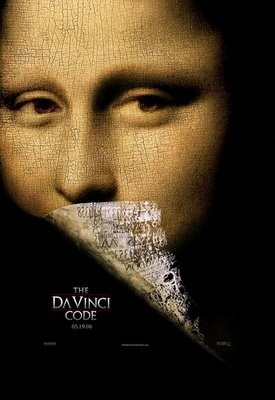The Minneapolis Star-Tribune has 1,879 entries in its stylebook -- and
the latest to be overhauled is the rule on
illegal immigrants.
But this wasn't just a quick style decision. A senior copy editor, Ben Welter, spent months surveying the rules of other newspapers, especially those close to the border. He took his findings to some interested parties in the newsroom. And then the reader representative asked readers for feedback.
The result?
Illegal immigrant is the preferred term, although
undocumented immigrant can be used in sometimes (such as when
illegal has already been used in the sentence).
Alien and
illegal alien are considered technically correct but best avoided. Those terms and
illegal as a noun can be used in rare instances (which seem to include tight headline counts), but the use must be approved by a supervisor.
UPDATE: The
full text of the new rule is now included in the comments section.
_____
In a related note, the tongue-in-cheek
Ask a Mexican column that runs in a handful of alt-weeklies addressed the terms a few weeks ago. The column originates in Southern California's OC Weekly and said there: "
The Orange County Register stylebook reportedly requires its reporters to describe as 'undocumented workers' the men and women you call 'illegal.'"
When the column appeared in the Dallas Observer,
a friend, Josh Benton, noticed, that line said "
The Dallas Morning News stylebook reportedly requires its reporters to describe as 'undocumented workers' the men and women you call 'illegal.'"
Not true. The local stylebook clearly requires "illegal immigrants."
Similar changes were made in the Kansas City and Nashville papers, and he suspects more; most papers simply linked to the original in the OC Weekly rather than the article as it appeared locally.
Josh wrote:
Needless to say, the idea that "illegal immigrant" is somehow banned from each of these newspapers is wrong. (OC Register: 53 stories with"illegal immigrants" according to Google News vs. 4 with "undocumented workers"; The Tennessean: 25 vs. 8; Kansas City Star: 221 vs. 49.) What I'm assuming happened is that Gustavo wrote the column with the OC Register line, which was then sent out to sister papers. Recognizing that readers in Dallas/Nashville/wherever couldn't care less about the OC Register's stylebook, local editors changed the name of the newspaper to their city's daily.
But Josh did find one alt-weekly that edited out the dubious claim: The Phoenix New Times.





